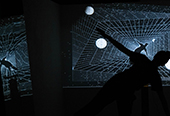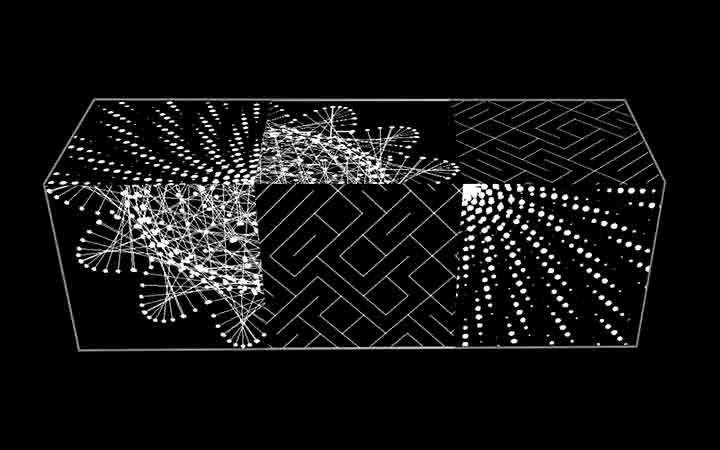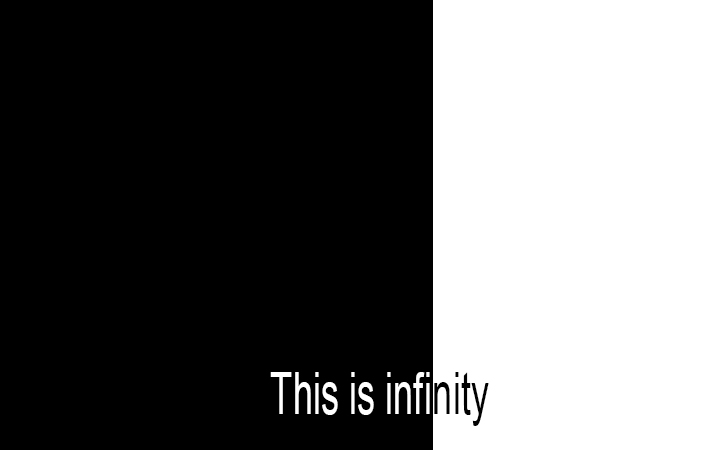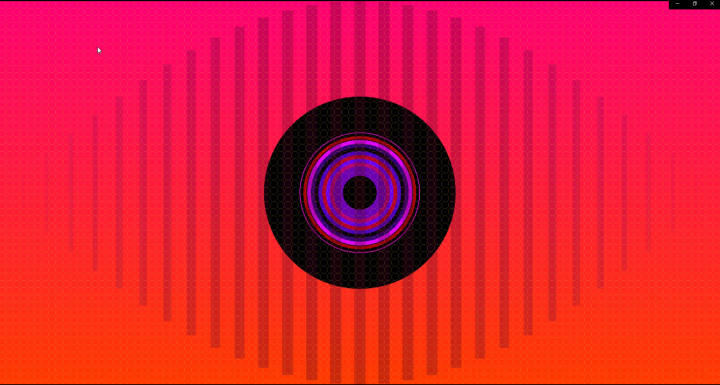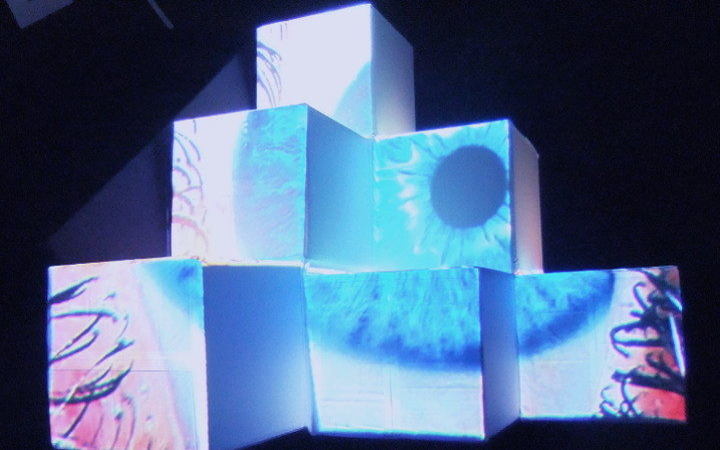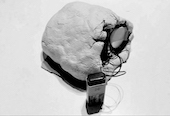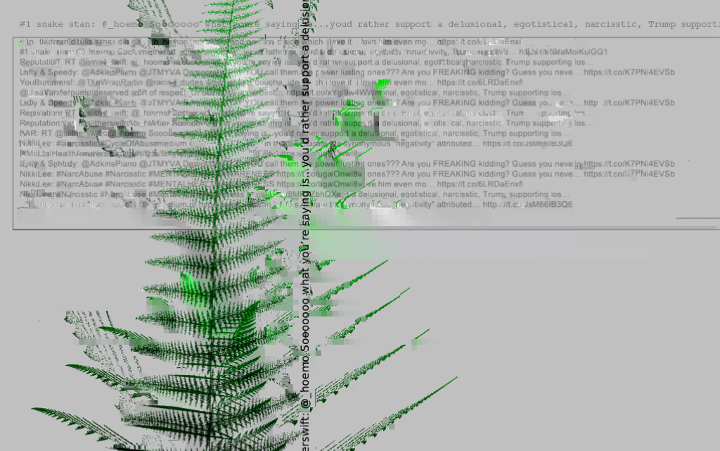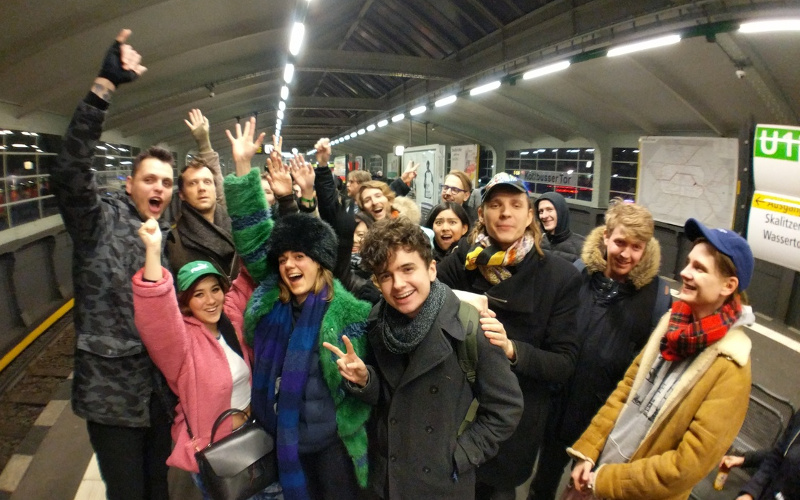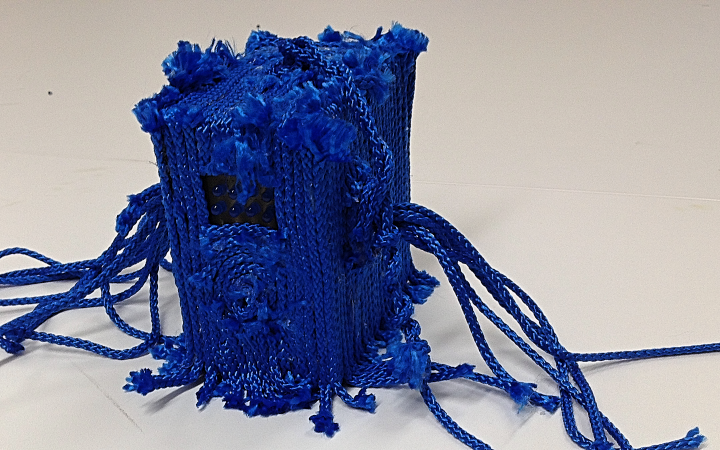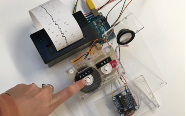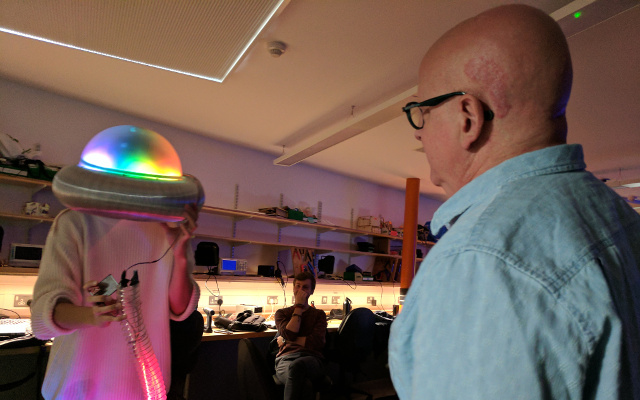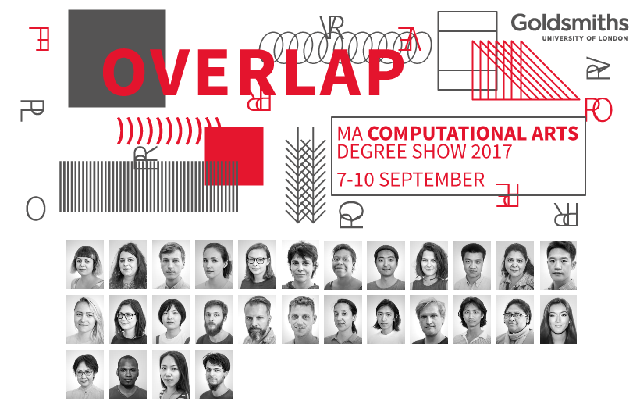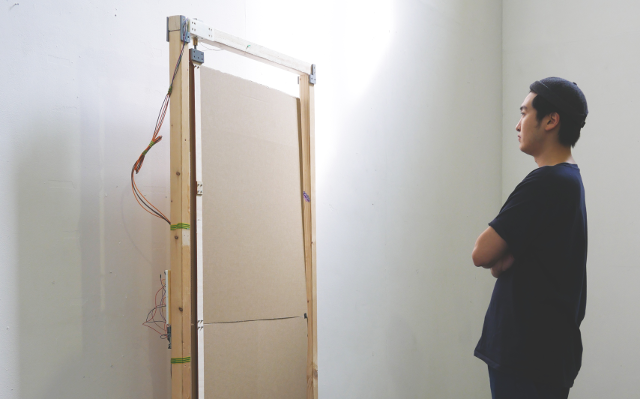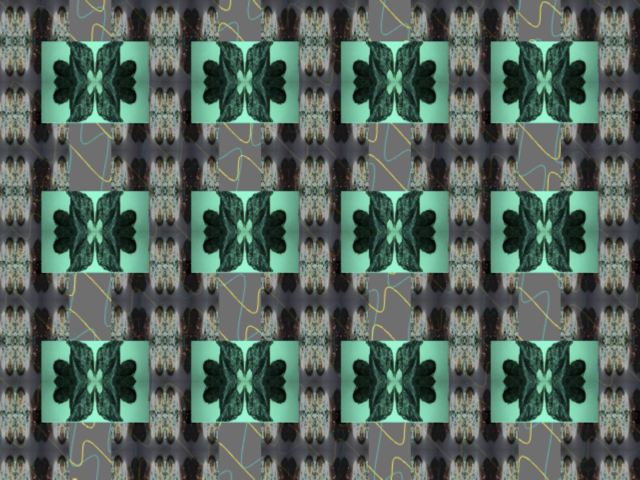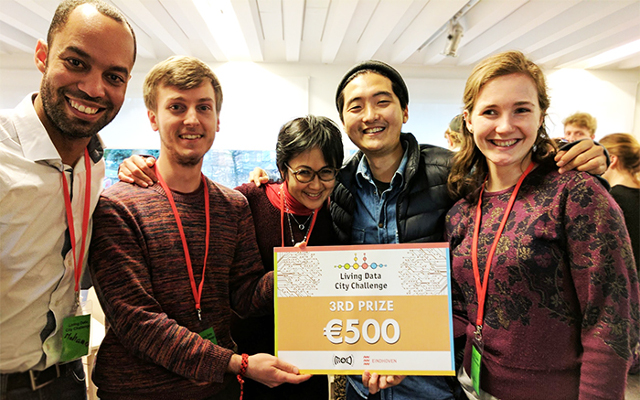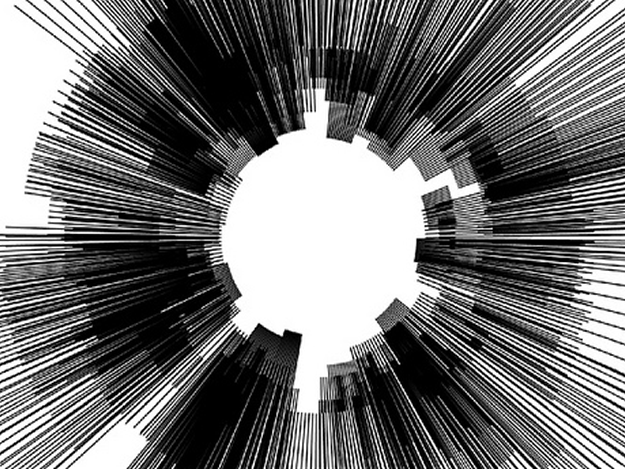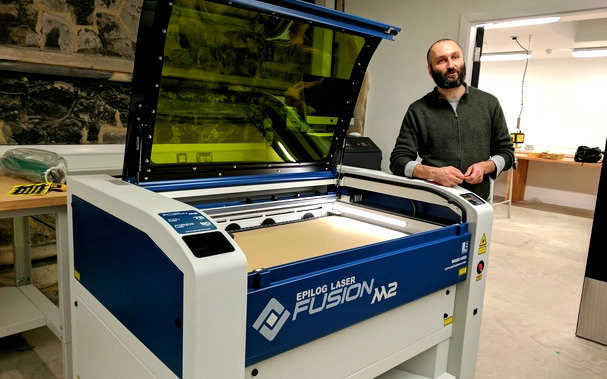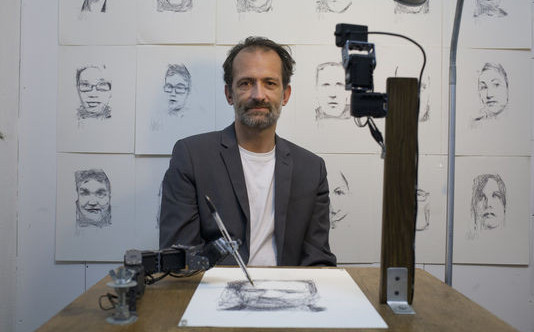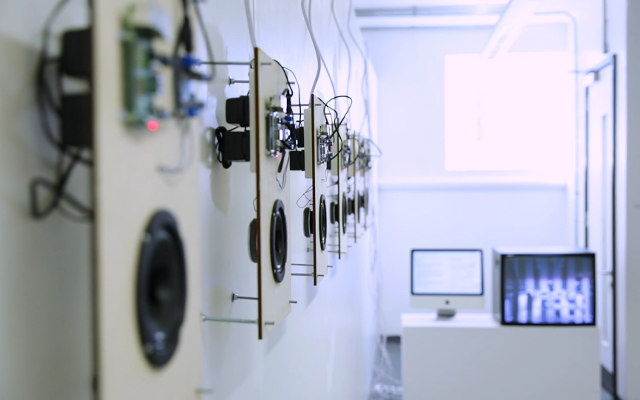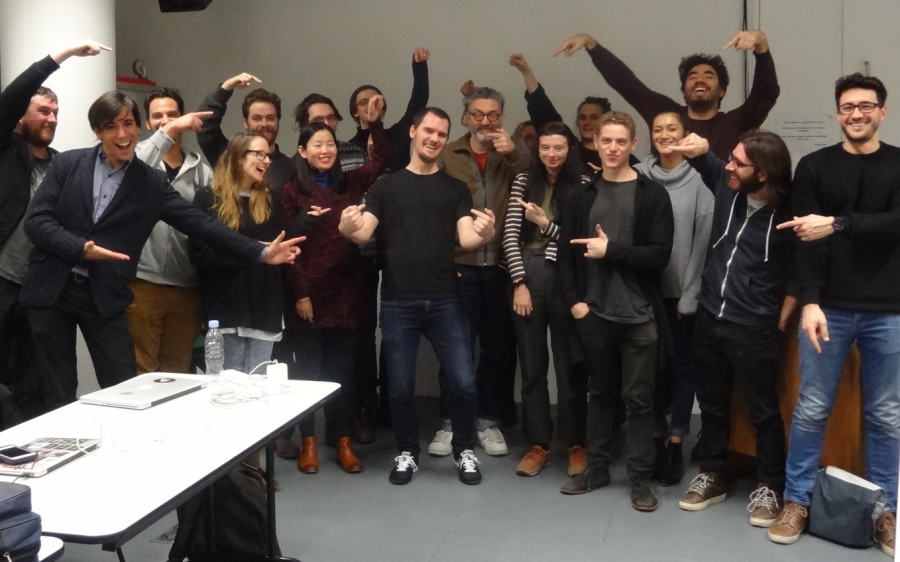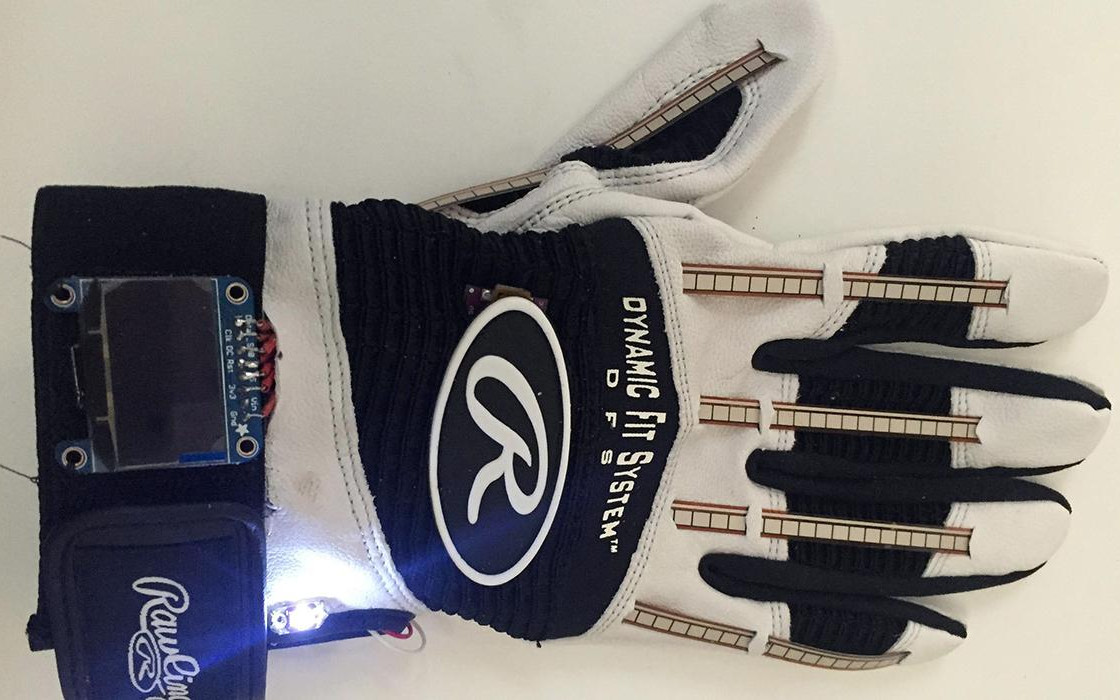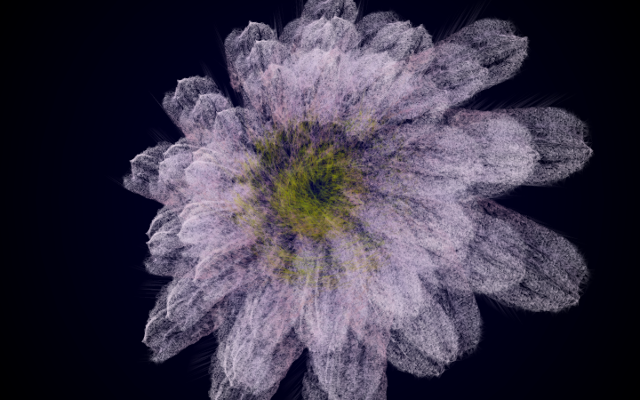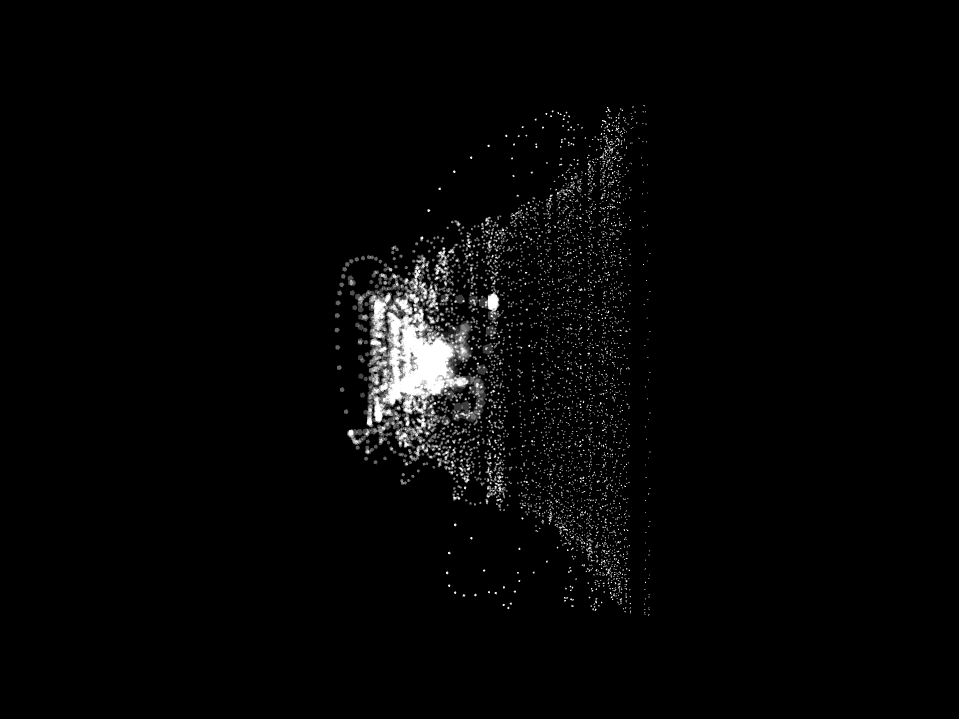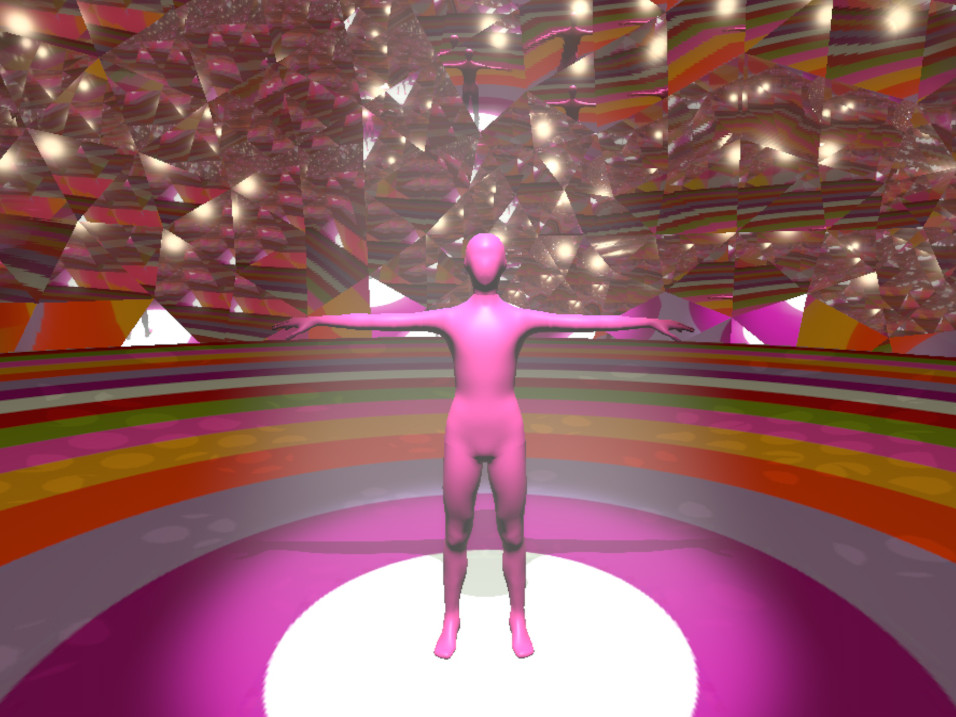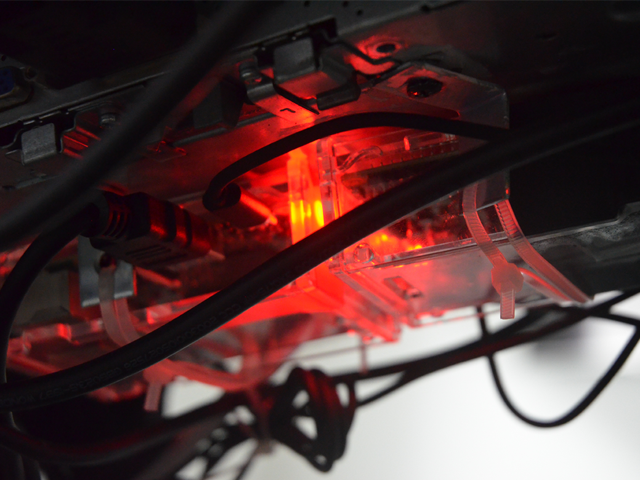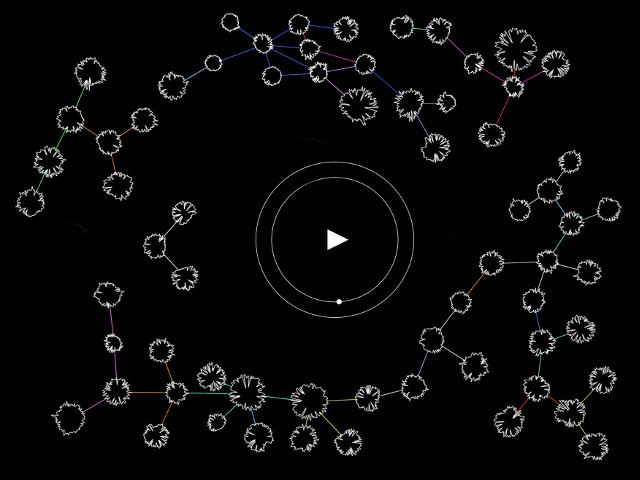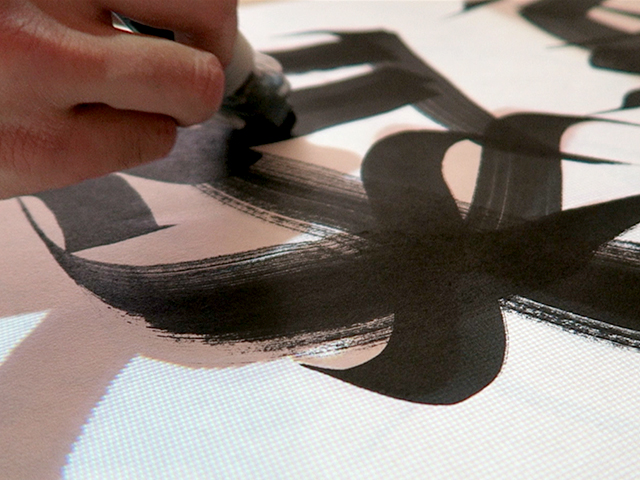

Cyborg Capitalism: Smartphone Ubiquity and Neoliberal Hegemony by James Morgan
Modern life is now mediated not through our experience of the physical world, but through the high-definition display of our smartphone. This is no coincidence. While undeniably innovative, the smartphone is not the tool of liberation that we commonly see it marketed as. For all of its positives, the smartphone is fundamentally an instrument of control. It has been designed to assimilate us into an aggressively unregulated capitalist marketplace. The goal is to preserve and intensify neoliberal hegemony. The smartphone achieves this by exploiting human psychology with unprecedented effectiveness, conditioning the user to adopt patterns of behaviour that would in any other context be considered pathological. My intention here is to interrogate this process and consider the ramifications.
Understanding the appeal of the smartphone requires little imagination. It offers us the ability to engage in seamless interpersonal communication with anyone and increasingly any thing, from just about anywhere in the world. It offers us a means of endlessly entertaining and informing ourselves. We can read the news, listen to music, learn a new language, watch a film and do the shopping, all while we wait for a bus. There is also the promise of self-mastery, in every aspect of our everyday lives. Through our smartphone and the apps that we load onto it, we are told it is possible to optimise our personal, professional, social and spiritual selves. The smartphone allows us to construct a world that is tailored to our individual needs and desires, a world that connects us to everything that matters, releasing us from the drudgery of everyday life, allowing us to become fully realised individuals. The smartphone is not only capable of producing computational power that would have rivalled the fastest supercomputer on the planet as recently as the early nineties, it is as an object, so discreet that it can quite comfortably live on or near our person at all times. All of this is delivered to us via a high-resolution touchscreen interface that is almost absurdly straightforward to operate. The smartphone, as Adam Greenfield describes it, is truly “the signature artefact of our age”, one that ranks alongside the printing press, the internal combustion engine and the electrical capacitor, as one of the most significant technological innovations in the history of humankind.
However, the smartphone, unlike the other commodities to have achieved a similar degree of ubiquity - the refrigerator, the vacuum cleaner, the colour television, or the personal computer, has become central to our existence. We now work, travel, socialise, relax, exercise, sleep and even visit the bathroom with our smartphone. It is no surprise that we become agitated and anxious when we are separated from our smartphone for any length of time (Seunghee Han et al, 2017) and that many of us struggle to even conceive of life without it. Additionally, we have come to rely on our smartphone for the purpose of thinking itself, allowing it to become our second brain. As cyborg anthropologist Amber Case states in her seminal 2011 TED talk, “we are all cyborgs now”. Arguably, the smartphone knows us even better than we know ourselves. As neurophilosopher Karina Vold says, “No other piece of hardware in history, not even your brain, contains the quality or quantity of information held on your phone: it ‘knows’ whom you speak to, when you speak to them, what you said, where you have been, your purchases, photos, biometric data, even your notes to yourself – and all this dating back years.” The smartphone has achieved something quite unlike any technology before it in that it in that it has integrated itself with us, not just physically but mentally and emotionally as well.
In reality, the smartphone itself, that is to say, the gleaming rectangle of glass, metal and plastic that we carry around in our pocket, only serves as the messenger in this equation, albeit an extraordinarily effective one. In order to understand the true significance of our integration with the smartphone, we first need to consider our integration with a considerably older technology; the internet. It used to be that the internet was accessible only through a computer in the corner of the room, it used to be that we consciously went to the internet. Now, whether it is through a Wi-Fi service or via a cellular network, the internet is an all-pervading presence in our lives, it is truly “ready at hand”. The smartphone, therefore, establishes what is effectively a direct interface between our consciousness and the internet itself, transforming the individual into a networked node. By ensuring seamless connectivity, twenty-four hours a day, we subject ourselves to a transformation that Adam Greenfield refers to as “the networking of the self”. In doing so, we voluntarily expose ourselves to an incomprehensible mass of stimuli, one quite unlike anything encountered in our evolutionary history. Were the internet a benevolent or even indifferent force, the smartphone would undoubtedly represent a hugely significant milestone on the timeline of human innovation. However, the internet, that is to say the internet that we experience through our branded smartphones, is anything but indifferent, rather it is unashamedly capitalistic in its agenda. When we integrate ourselves with our smartphone, really we are integrating ourselves with what Mark Fisher calls “capitalist cyberspace”.
In this marketplace, driven by the deregulated economics of neoliberalism, the smartphone turns us into the perfect subjects of capital by ensuring we remain constantly exposed. This is of course by design, rather than coincidence. Platforms and apps, in competing for our time and money, are at complete liberty to cultivate addictive behaviour by exploiting our neurochemical reward system. Social media in particular undermines our capacity for self-restraint by targeting psychological vulnerabilities, such as our innate desire for social acceptance. Author and professor Adam Alter writes “Just as drugs have become more powerful over time, so has the thrill of behavioral feedback. Product designers are smarter than ever. They know how to push our buttons and how to encourage us to use their products not just once but over and over.” It is no surprise, given the capitalist nature of the smartphone, that it has also seen a dismantling of the traditional boundary between personal and professional life. Work need no longer be confined to the office and so increasingly we feel an expectation, explicit or otherwise, to engage with our jobs, irrespective of time or place; for fear that we might be considered less productive and therefore more expendable than our colleagues. Theorist Franco Berardi writes “Cellular phones realize the dream of capital: that of absorbing every possible atom of time at the exact moment the productive cycle needs it. In this way, workers offer their entire day to capital and are paid only for the moments when their time is made cellular… They prepare their nervous systems as an active receiving terminal for as much time as possible.”
The smartphone locks us into a cycle of perpetual consumption and production. We are now accustomed to an instantaneous relationship with consumerism, and the gratification pathway that it reliably activates. We can now access the largest marketplace on earth without leaving home, purchasing goods and services around the clock with just a few taps. When we are not actively engaged in consumption through the likes of Amazon, Spotify, Netflix and eBay, we are producing content via platforms like Facebook, YouTube, Twitter and Instagram. Then there is the passive production of data that occurs even whilst our phone is in our pocket or on the bedside table as we sleep. Writer and artist James Bridle writes how “every email we send; every text message we write; every phone call we make; every journey we take; each step, breath, dream, and utterance is the target of vast systems of automated intelligence gathering, the sorting algorithms of social networks and spam factories, and the sleepless gaze of our own smartphones and connected devices.” A 2018 report by a computer software company puts the amount of data created each day at approximately 2.5 quintillion bytes, and estimates that by the year 2020, 1.7 megabytes of data will be produced each second for every person on the planet. To consider this another way, over ninety percent of the worlds data was generated over the past two years.
It is hardly surprising that by exposing ourselves to mass of information on this scale, we immediately overwhelm our capacity to do anything meaningful with it. Berardi again writes “acceleration of information exchange has produced and is producing an effect of a pathological type on the individual human mind and even more on the collective mind,” “Individuals are not in a position to process the immense and always growing mass of information that enters their computers, their cell phones, their television screens, their electronic diaries and their heads. However, it seems indispensable to follow, recognise, evaluate, process all this information if you want to be efficient, competitive, victorious… The necessary time for paying attention to the fluxes of information is lacking.”
Such are the delights on offer, we do not think to question whether the version of freedom offered up by the smartphone is empowering. The reality is that whilst the smartphone may negate some of the drudgery of everyday life, the net effect is one of subjugation. Inundating ourselves in this way leads not to individual empowerment, but to paralysis, a paralysis that maintains the capitalist status quo by ensuring that we are incapable of seeing beyond it. Gilles Deleuze summarised this effect when he said “control is not discipline. You do not confine people with a highway. But by making highways, you multiply the means of control. I am not saying this is the only aim of highways, but people can travel infinitely and ‘freely’ without being confined while being perfectly controlled. That is our future.”
Herbert Marcuse, in 1954, was able to perfectly capture the sense in which capital uses the abundance of choice in order to create the illusion of freedom, “the goods and services that the individuals buy control their needs and petrify their faculties. In exchange for the commodities that enrich their life, the individuals sell not only their labor but also their free time. The better living is offset by the all-pervasive control over living. People dwell in apartment concentrations -- and have private automobiles with which they can no longer escape into a different world. They have huge refrigerators filled with frozen foods. They have dozens of newspapers and magazines that espouse the same ideals. They have innumerable choices, innumerable gadgets which are all of the same sort and keep them occupied and divert their attention from the real issue - - which is the awareness that they could both work less and determine their own needs and satisfactions.”
Not only does the smartphone overwhelm our capacity to process information in a meaningful way, it fragments our experience of reality by distracting us on a pathological scale. Consider the points in our day at which our attention might previously have been free to wonder, or at which we might previously have experienced boredom. It is in these moments that we now impulsively reach for our phone. A near instantaneous response that more closely resembles a reflex action than anything approximating a conscious decision. The smartphone is always there, an eager and willing participant. Using our smartphone to entertain ourselves during moments where we would otherwise be unoccupied may seem harmless, but where exactly do we draw the line? Whilst we may feel that using our smartphone in this way during a train journey would be perfectly acceptable, we would probably feel differently about someone using their smartphone during a momentary pause in conversation. Yet this behaviour has long since been an established part of reality. By 2012, the term ‘phubbing’, a portmanteau of phone and snubbing, had already been coined in order to describe the habit of snubbing someone in favour of a mobile phone. The distracting effect of the smartphone is so potent that our fluid intelligence, that is, our ability to interpret and solve a new problem, is diminished by the mere presence of a smartphone, irrespective of whether we or not we actually use it. The distracting effect of the smartphone diminishes in direct proportion with its proximity (Misra et al, 2014).
Not only do we depend on our smartphone as a means of escaping from perceived mental discomfort, we also use it as a means of reliably escaping from the physical world. The smartphone allows us to remove ourselves from reality and transport ourselves into an alternative reality of our own creation. Rather than negotiate with the physical world and accept the element of uncertainty inherent in doing so, we retreat to the comfort blanket of our smartphone. We find using our smartphone so satisfying that we even seek solitude in order to ensure that we can give it our undivided attention. Sherry Turkle, in her book ‘Together Alone’ writes how “these days, being connected depends not on our distance from each other but from available communications technology. Most of the time, we carry that technology with us. In fact, being alone can start to seem like a precondition for being together because it is easier to communicate if you can focus, without interruption, on your screen. In this new regime, a train station (like an airport, a café, or a park) is no longer a communal space but a place of social collection: people come together but do not speak to each other. Each is tethered to a mobile device and to the people and places to which that device serves as a portal.”
The smartphones ability to obliterate our attention and exert influence over our thoughts and feelings is reflected in the increasingly vast array of scientific literature that demonstrates an explicit link between smartphone use and one form or another of behavioural or emotional disorder. Considering the impact at a societal level, Chamath Palihapitiya, himself a former vice president at Facebook says “I think we have created tools that are ripping apart the social fabric of how society works. The short-term, dopamine-driven feedback loops we’ve created are destroying how society works. No civil discourse, no cooperation; misinformation, mistruth. You are being programmed”. By successfully marketing itself as a tool of connectedness and empowerment, the smartphone has managed to create an entire population of addicts whilst simultaneously attracting virtually none of the stigma that is commonly associated with addiction. Jane R. Thiebaud writes that “technology, together with commerce” of which the smartphone is surely the apex “has slowly robbed humans of their innate abilities and amputated them of their capacities. Today, far too many of us find ourselves in poor health, depressed, isolated, alienated, alcoholics, drug addicts, overweight, stressed out, overworked, and exhausted. We are spending less and less time together in living f2f conversation and interaction with our families, friends, neighbors, and colleagues and more and more time working, consuming, eating, drinking, driving our cars, watching TV, being online on the computer, sending emails and text messages.” Once we are hooked, the smartphone is able to perpetually disrupt and diminish our interaction with people and places in the real world. This creates feelings of isolation, an isolation that we then attempt to soothe through our smartphones. The cycle then repeats itself ad nauseam until we find ourselves at a point where we are, often obliviously, doing almost all of our experiencing through our smartphone.
Those points of the day in which the mind might previously have been free to wander have all but been eliminated. Rather than signifying an end to boredom, we have in actuality given up the spaces, temporally speaking, in which conversation and the empathy, affection, introspection and creativity that it might engender flourish. Sherry Turkle again, “We are being silenced by our technologies—in a way, “cured of talking.” These silences—often in the presence of our children—have led to a crisis of empathy that has diminished us at home, at work, and in public life.” By fragmenting our reality in this way, the smartphone undermines our capacity to function collectively, leading to a new kind of aggressive individualism. This, from a capitalist perspective, represents an optimal set of conditions. This world of rampant individualism, in which we find those around us inherently worthy of mistrust, is a world in which society as a whole is rendered incapable of producing the kind of collectivism that might inspire anything approaching a challenge to the neoliberal hegemony of 21st century life. Instead, we learn very early on that the route to achieving empowerment is not through meaningful engagement with the world around us, but through the private world of our smartphone, and that the joy in life is to be found amongst the endless cycles of production and consumption.
References
Greenfield, A. (2017). Radical technologies. Verso.
Seunghee Han et al, Understanding Nomophobia: Structural Equation Modeling and Semantic Network Analysis of Smartphone Separation Anxiety, Cyberpsychology, Behavior, and Social Networking (2017).
Case, A. (2011). We are all cyborgs now [Video file]. Retrieved from https://www.ted.com/talks/amber_case_we_are_all_cyborgs_now
Aeon. (2019). Are ‘you’ just inside your skin or is your smartphone part of you? – Karina Vold | Aeon Ideas. [online] Available at: https://aeon.co/ideas/are-you-just-inside-your-skin-or-is-your-smartphone-part-of-you [Accessed 28 April 2019].
Brand-New-Life. (2019). Accelerate Management. [online] Available at: https://brand-new-life.org/b-n-l/accelerate-management/ [Accessed 3 May 2019].
Berardi, F. (2009). The soul at work. Los Angeles: Semiotext(e).
Alter, A. (2017). Irresistible: The Rise of Addictive Technology and the Business of Keeping Us Hooked. London: Vintage.
Bridle, J. (2018). New dark age. London: Verso.
Berardi, F. Precarious Rhapsody: Semiocapitalism and the Pathologies of the Post-Alpha Generation. London: Minor Compositions. 2009.
Deleuze, G. and Lapoujade, D. (2007). Two regimes of madness. New York: Semiotext(e).
Marcuse, H. (2015). Eros and civilization. Boston, Mass.: Beacon Press.
Misra, Shalini & Cheng, Lulu & Genevie, Jamie & Yuan, Miao. (2014). The iPhone Effect: The Quality of In-Person Social Interactions in the Presence of Mobile Devices. Environment and Behavior. 48. 10.1177/0013916514539755.
Turkle, S. (2012). Alone together. New York: Basic Books, a member of the Perseus Books Group.
Thiebaud, J. R.Media-ecology.org. (2019). [online] Available at: http://media-ecology.org/publications/MEA_proceedings/v11/12.%20Thiebaud.pdf [Accessed 9 May 2019].
Turkle, S. (2016). Reclaiming conversation: The Power of Talk in a Digital Age. Penguin Books (USA); Reprint edition (16 Oct. 2016).


